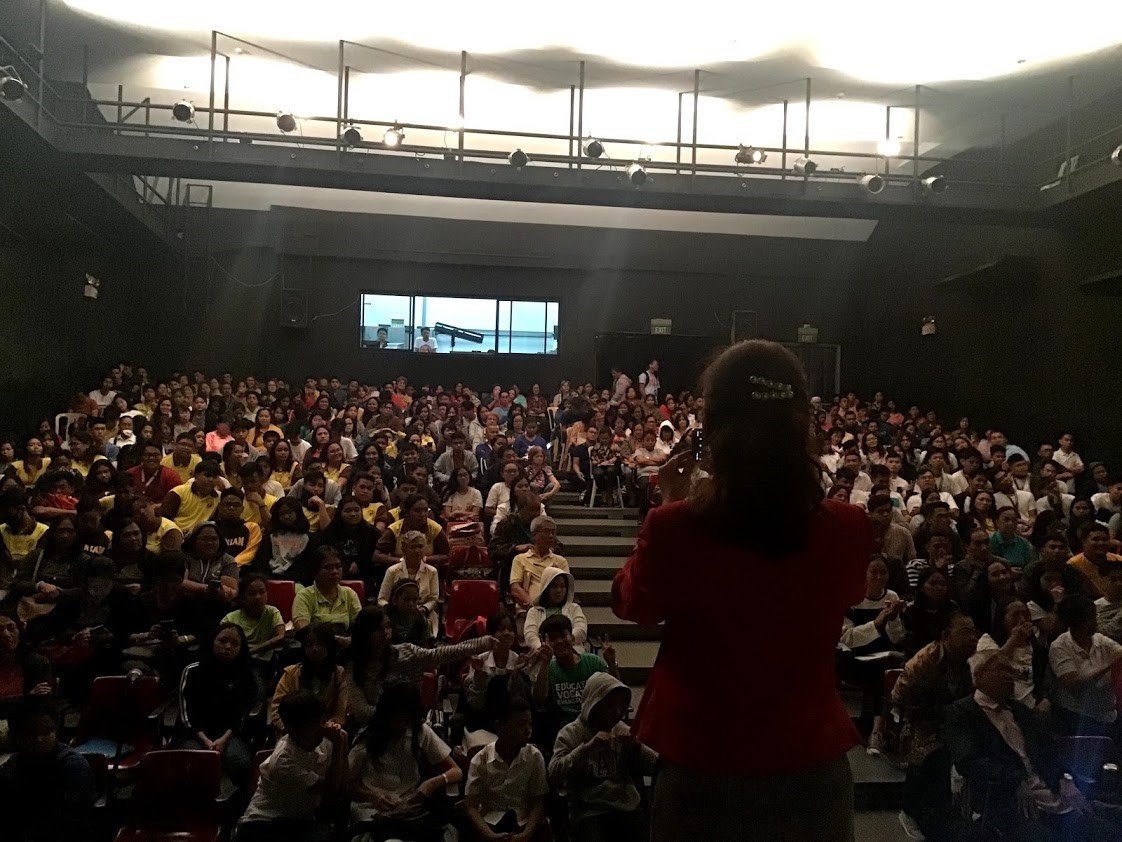Did you know that the chances of missing saving for your retirement, DP for your house or travel fund or payment for your insurance are very high if you do these tasks manually?
Because to make this happen, you will have to put in time and energy including money. Imagine, you will need to dress up, drive or walk [sometimes the heat is discouraging!]. Then, once you get to the bank, you will fill out a form, queue up then go through the same process back to your home or workplace. For some people, they do this each month while the others every 15th and 30th of the month. During this pandemic, this task can be tiring because our brain needs to be consciously aware of the protection protocols. It takes up so much mental space and will-power hence the reason why manual tasks are tiring and unsustainable.

The solution is ADA which stands for AUTOMATIC DEBIT ARRANGEMENT. ADA is set up and controlled by you to do the regular payment of the same amount every time. This is applicable for your investment to mutual fund and savings to your money market and other needs.
On the other hand, DIRECT DEBIT is a regular payment that's approved by you but set up and controlled by the merchant or business you are paying which may vary each month like payment for utilities or subscription for food items.
BENEFITS OF AUTOMATED PAYMENT/SAVINGS

According to a study made by Dr Hersh Shefrin, a pioneer in the study of behavioural economics, our brains operate along a system. System 1 is the automatic and unconscious part of the brain in which the majority of our daily activities fall. This is powerful because once you develop a positive habit, it’s difficult to break. While System 2 is the conscious part of the brain, is not aware of what’s happening in the automatic part but is equally powerful because all decisions, transformation and creativity happen in this area just like when you decide to save or to make an intention to be financially free. System 1 is responsible for developing a pattern of repetition. The more you repeat a good habit like saving, kindness, exercising, reading a book at 8:30 PM and so on, these activities become a habit, the harder to break.
So, if setting aside an amount particularly a big amount each month is a new habit, people may have difficulty sustaining it because it needs so much will power. However, taking micro-steps [baby steps, next topic]is the key to develop a saving habit. Automating your saving and starting with a smaller amount will help in eliminating the negotiation, decision, manual task and emotional part of dealing with the change. It’s got a higher success rate because it is convenient to do so.
Another reality, it’s typically challenging to accomplish change alone – people need a program and support. ADA works as a program for an individual as much as for an organisation. However, group saving has an added advantage because it has a built-in motivator. Also, the encouragement of a supervisor or a boss is a powerful influence to get employees to enrol in a saving program on a voluntary basis [people are afraid of committing too much]. Where saving is the desired behaviour, it becomes a normal behaviour.
















































